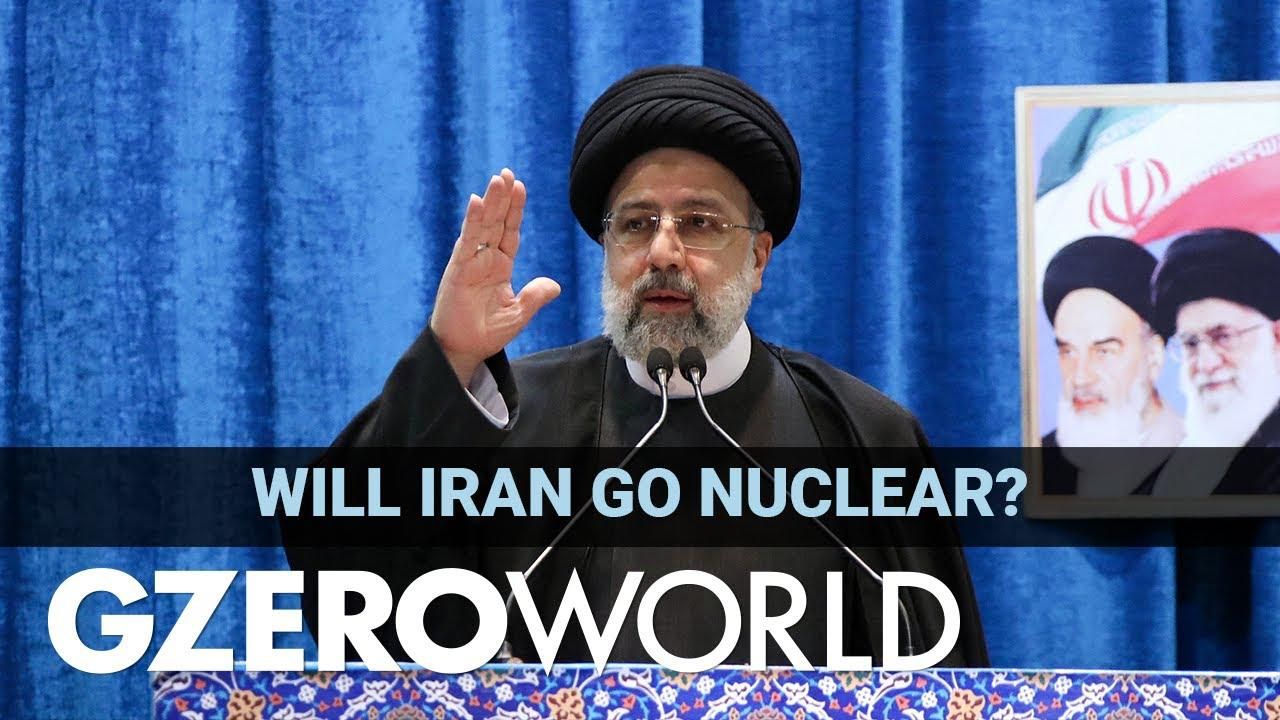GZERO World Clips
The pros and cons of a nuclear program for Iran

The Pros and Cons of a Nuclear Program for Iran | GZERO World

Has the war in Ukraine changed Iran's calculus on getting nuclear weapons?
Not necessarily, says Ali Vaez, Iran program director at the International Crisis Group. Like the Ukrainians now, the Iranians know Iraq and Libya basically gave up their weapons programs and then got invaded — a sharp contrast to North Korea when Donald Trump was in the White House.
Tehran, he tells Ian Bremmer, is fully aware that once they go nuclear, the strategic balance of power becomes a game based on how many nukes you have, and that they may suffer a strike before they acquire the capability anyway.
Still, Vaez explains that Ukraine has changed things somewhat because the Russians have moved the goalposts by making their support for the deal contingent on lifting Western sanctions against Russia, which the Iranians resent because they too need sanctions removed.
Watch the GZERO World episode: Iran nuclear deal 2.0, or war?
In this Quick Take, Ian Bremmer addresses the killing of Alex Pretti at a protest in Minneapolis, calling it “a tipping point” in America’s increasingly volatile politics.
Who decides the boundaries for artificial intelligence, and how do governments ensure public trust? Speaking at the 2026 World Economic Forum in Davos, Arancha González Laya, Dean of the Paris School of International Affairs and former Foreign Minister of Spain, emphasized the importance of clear regulations to maintain trust in technology.
Will AI change the balance of power in the world? At the 2026 World Economic Forum in Davos, Ian Bremmer addresses how artificial intelligence could redefine global politics, human behavior, and societal stability.
Ian Bremmer sits down with Finland’s President Alexander Stubb and the IMF’s Kristalina Georgieva on the sidelines of the World Economic Forum to discuss President Trump’s Greenland threats, the state of the global economy, and the future of the transatlantic relationship.